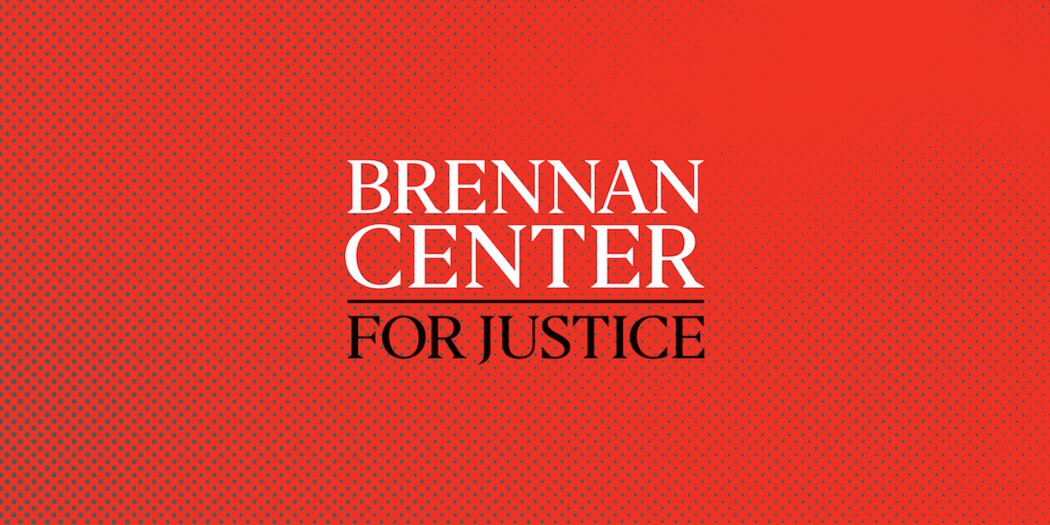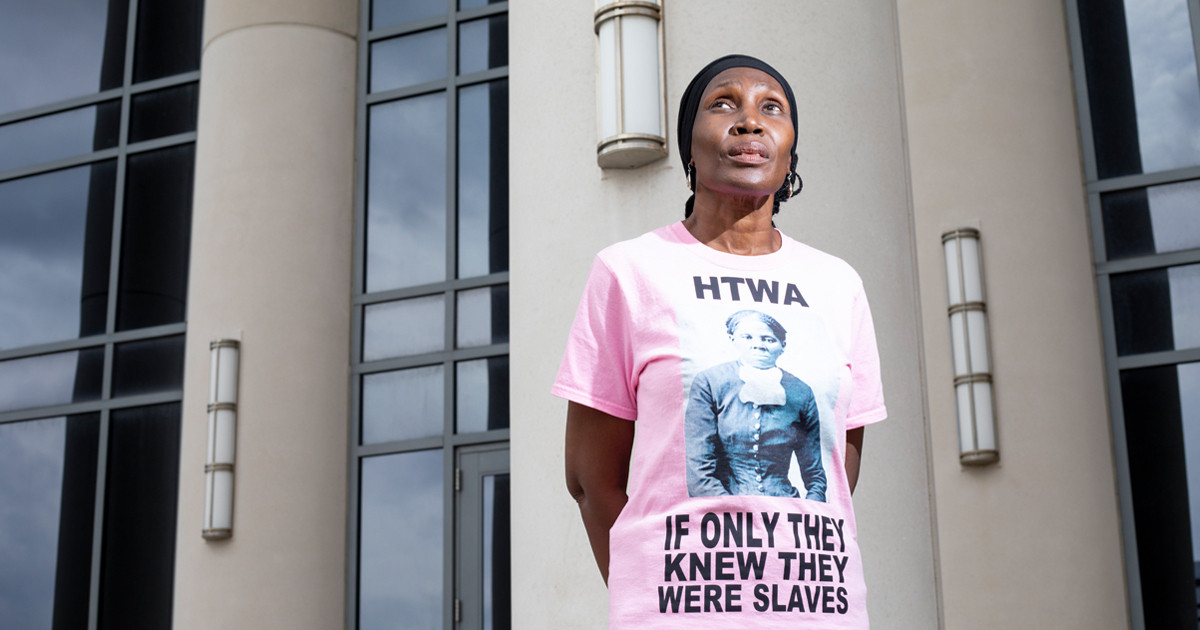PoliticalChic
Diamond Member
the funny part is that Trump is not able to send tweets.
Seems your cartoon got it entirely incorrect LOL.
You missed the point of the cartoon....entirely.
Follow along with the video below to see how to install our site as a web app on your home screen.
Note: This feature may not be available in some browsers.
the funny part is that Trump is not able to send tweets.
Seems your cartoon got it entirely incorrect LOL.
Thank you for admitting voter fraud does happen. Now we need audits in all swing states.
And this my friends is how we know that the Trumpers do not really give a shit about the fraud, but are just trying to change the outcome of the election.
There was quite a lot of ambiguity created by DeSantis and the Repub controlled legislature when they subverted the will of 65% of Floridians by making the right to vote for ex-felons conditional on financial payments. Something that was initially struck down by a federal judge.20 people voted fraudulently.. as convicted felons they had no right to vote. Desantis didn't say whether they voted for Trump or Biden.
Oh no, I got it.You missed the point of the cartoon....entirely.
Has this been challenged?Here is what DeSantis and the Repub controlled legislature thinks about the will of the people.
In November 2018, nearly 65 percent of Florida voters approved Amendment 4, a constitutional amendment that automatically restored voting rights to most Floridians with past convictions who had completed the terms of their sentence. Shortly thereafter, in June 2019, Gov. Ron DeSantis signed Senate Bill 7066 into law, prohibiting returning citizens from voting unless they pay off certain legal financial obligations (LFOs) imposed by a court pursuant to a felony conviction.

Voting Rights Restoration Efforts in Florida
A summary of current felony disenfranchisement policies and legislative advocacy in Florida.www.brennancenter.org
MAY 24, 2020
TALLAHASSEE, Fla. — A federal court today ruled that a Florida law that created wealth-based hurdles to voting is unconstitutional. The decision restores voting rights to hundreds of thousands of people with past felony convictions.
The law, SB 7066, required people with past convictions to pay all outstanding legal fees, costs, fines, and restitution before regaining their right to vote, undermining Floridians’ overwhelming 2018 passage of Amendment 4, which restored voting rights to more than a million people who had completed the terms of their sentence, including parole or probation.
U.S. District Judge Robert Hinkle found that conditioning voting on payment of legal financial obligations a person is unable to pay violates the equal protection clause of the 14th Amendment by discriminating on the basis of wealth. He also held that requiring the payment of costs and fees violates the 24th Amendment, which prohibits poll taxes, and that the law violates the National Voter Registration Act.

Federal Court Rules Florida Law That Undermined Voting Rights Restoration Is Unconstitutional | American Civil Liberties Union
TALLAHASSEE, Fla. — A federal court today ruled that a Florida law that created wealth-based hurdles to voting is unconstitutional. The decision...www.aclu.org
But DeSantis and the legislature found a way to frustrate what a majority of Floridians wanted.
Nearly two years after Florida voters approved a landmark constitutional amendment allowing felons to vote, state officials don’t know how many have registered. They also don’t know how many felons on the voter rolls owe court fees, fines or restitution that would disqualify them from voting under a subsequent state law that limited the amendment’s scope.
Florida officials have not removed any felons from the rolls for owing fines or fees, and they’re unlikely to do so before Election Day, Secretary of State Laurel Lee said in an interview Monday. It’s unclear whether those whom the state fails to prune are entitled to vote after all — or may face prosecution if they do.
With so much in flux, the winner in Florida of the closely watched presidential vote could be decided by the courts for the second time in two decades.
Amid the confusion, the one certainty is that Florida’s Republican governor and Legislature have tamped down the felon vote, according to an analysis of state records by the Tampa Bay Times, Miami Herald and ProPublica. In a presidential election marred by voter suppression tactics, such as misinformation about vote-by-mail fraud, the weakening of Florida’s ballot measure, known as Amendment 4, may constitute the biggest single instance of voter disenfranchisement. Like the poll taxes of the Jim Crow era, the restrictions have especially hit Black Floridians, who make up a disproportionate share of felons and register overwhelmingly as Democrats.

In Florida, the Gutting of a Landmark Law Leaves Few Felons Likely to Vote
State officials don’t know how many felons are registered or eligible to vote. So we did our own analysis and found only a very small percentage of them will be able to cast ballots this election. Some could face prosecution if they do.www.propublica.org